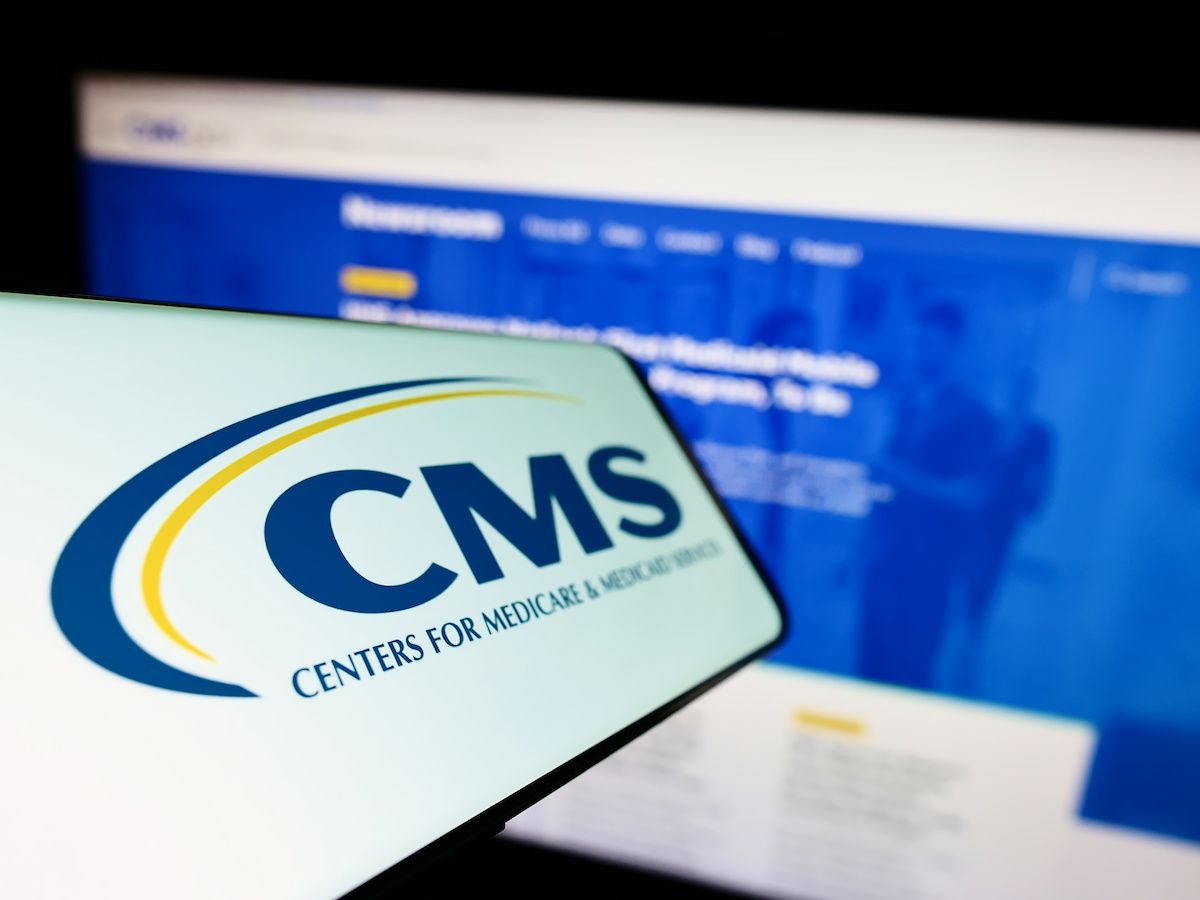Article
Memo From the Editor: Nurses' problems are yours
EDMEM0507--Nurses' problems are yours
Memo From The Editor
Nurses' problems are yours
By Marianne Dekker Mattera
In this issue, you'll find a report on the nationwide nursing shortage. (See "A medical crisis: Who'll care for your patients?".) It's a good, solid news story about what's happening in hospitals around the country.
Like all good news stories, it's objective. But objectivity won't always shake you by the shoulders to make you see how bad things are. That's left for editorial writers like myself. So here goes:
My friends, your patients will be getting sicker when they go to hospitals instead of getting better. Some will die.
Those who have no family to keep watch, to question, to ring alarms, will languish. If they are conscious enough to realize their needs aren't being met, they will suffer psychic stress that's at least as debilitating as the physical ailments that put them there in the first place.
The nurses who are supposed to be caring for them are forced to care for far too many patients at one time. They are doing so for far longer than the eight or 12 hours that their shift is supposed to run. They are doing so without lunch or dinner breaks, and sometimes without bathroom breaks. And some of them are doing so on units that they haven't been properly trained to staff.
They're going through their own psychic suffering, too. Nurses go into the profession because they want to care for the sickin the literal, hands-on sense of the word. They want to touch patientsspiritually as well as physicallyto help them understand their illness and how to cope with it. But nurses don't have the time to do that any more.
So most of this country's hospital staff nurses are working under conditions that wouldn't be tolerated by most major labor unions, at a job that no longer resembles the one they thought they would be doing when they entered the profession.
In some places, nurses have gone on strike, or threatened to, and they've gotten concessions from administration on staffing and mandatory overtime. But by and large, it's not enough.
In California, the first state to mandate safe nurse-patient staffing ratios, the commission set up well over a year ago to determine what those ratios should be has still not made a decision. And the state nurses association and state hospital association are far apart on their recommendations. The California Nurses Association has proposed, for instance, one nurse to every three patients on med/surg units; the hospital group proposes a 1-10 ratio.
Whatever the number finally agreed upon, it may be moot. There may not be enough nurses to fill the slots. Fed-up nurses are leaving, significant numbers will be retiring soon, and new people are not enrolling in nursing schools in numbers big enough to fill the need.
Nurses are your collaborators. They're your eyes and earsand, yes, brainswhen you're not there. But they need the time and focus to be able to detect the subtle changes exhibited by a patient who's about to go bad. And they need the stamina to keep on top of minute-by-minute changes in a patient's status.
You must be willing to help them. You must lobby for their cause with hospital administrators. Nurses represent coststhe biggest single piece of a hospital's budget. Doctors represent revenue. If you don't admit patients, the hospital doesn't make money. Therefore, you have more clout than nurses do. Use it.
Arm yourself with numbersthe director of nursing should be able to give you what you need to prove that your facility needs more nurses. Make nurse staffing the subject of a medical staff meeting. Then present your views to the administrators.
You can't afford not to. When accidents happen, lawsuits follow. And who will be sued? The nurse and the hospital, of course, but you will be, too.
If only for your own economic well-being, you need to care about the nursing shortage. You must make nurses' problems your problems.
Marianne Mattera. Memo From the Editor: Nurses' problems are yours. Medical Economics 2001;9:4.





